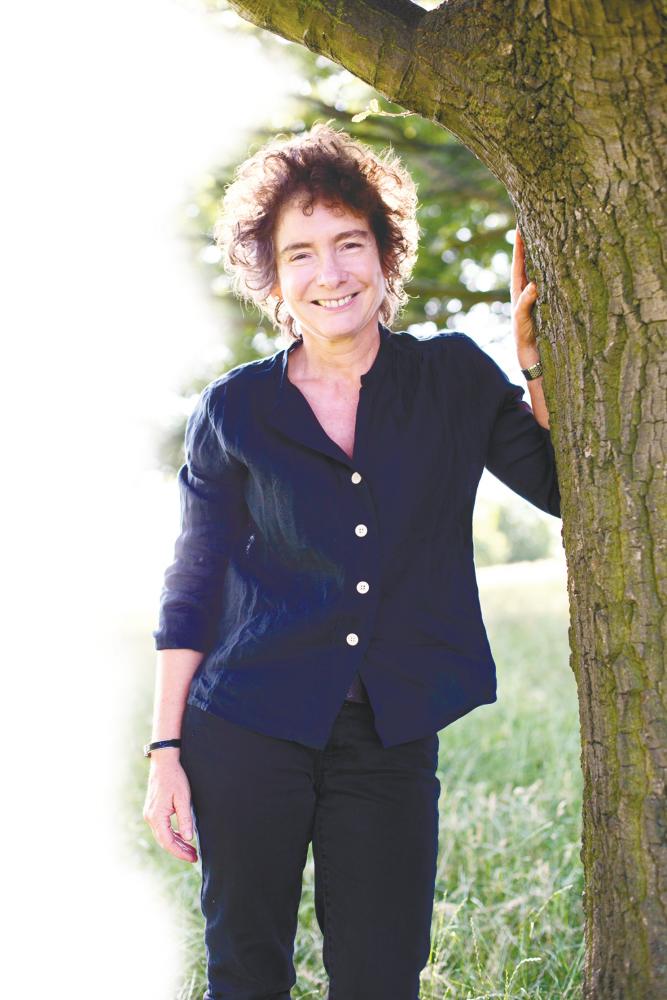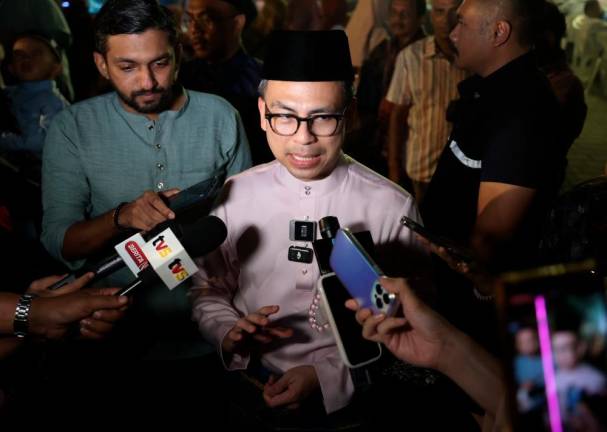AUTHOR Jeanette Winterson found recognition with her first book, the semi-autobiographical Oranges are Not the Only Fruit, which was adapted into a BBC television series.
The book won the 1985 Whitbread Prize for a first novel, and she even won a Bafta award for her work on the TV adaption.
Winterson went on to win more literary awards for her subsequent novels, and in 2012, she became a professor of creative writing at The University of Manchester.
Her stories often touch on gender identity, and this can also be seen in her latest book, Frankissstein, which is essentially about artificial intelligence.
The story jumps between the viewpoints of 19th century novellist Mary Shelley (who wrote the Gothic classic Frankenstein in 1816), and Dr Ry Shelley, a transgender medical doctor who is looking into the latest innovations in artificial intelligence (AI).
During a tele-conference call with Winterson in London, she says: “When Mary Shelley wrote Frankenstein, she did not know she was looking into the future. She wrote a message in a bottle and threw it overboard, not fully knowing what she had done.”
She adds that revisiting Frankenstein is timely, considering that there are people and companies investing in non-biological AI.
“I wanted to take the character to the present, [and] to that fateful holiday at Lake Geneva, Switzerland [where the novel was written] in 1816, and then move into the future (not in a heavy-handed way) just so that the reader can see the connection.”
One of the most unique things about the book is how characters from the present parallel those from the past.
Winterson says: “At the moment, transgenderism is a hot topic and I wanted to talk about that, and thought it was kind of wonderful to see Mary Shelley in Ry Shelley, Victor Stein appearing (as Victor Frankenstein) and Lord Byron becoming a character named Ron Lord.
“I thought these characters would become mirrors of one another.”
She also wanted to show the reader where we are in our everchanging and evolving world.
Ry is a unique character, one who has not yet fully transitioned into becoming a man.
Winterson wants to show that Ry chooses to live with his double-ness in terms of his physical appearance.
In the book, the character Ron – who creates sexbots – makes a passionate argument about how artificial intelligence may have the capacity to feel emotions.
“At the beginning, I thought of making Ron a crude and funny character who made a fortune in sexbots,” says Winterson.
“But he developed throughout the course of the book, and I needed Ron to say things that were controversial but largely true.
“By the end, I got rather fond of Ron, and he started to grow with [the telling of the] story. I think that goes for everyone in the book.”
The book also touches on the topic of playing god and tampering with nature.
But Winterson believes that it is a fine line, adding that “snything that is new and is pioneering [essentially] has no ethics”.
She points out that most technologies we know and use now are based on trial and error, including reproductive technology, adding that “I have no problems with a non-biological life form”.
As she points out, humans have spent their existence fighting each other over space and beliefs.
“If we created something that is smarter than us and [has] a bit more common sense [and have it] run things for us, it might not be such a bad idea.”
Winterson also hopes to remind readers of author Shelley’s brilliance, adding that she was a woman before her time who wrote a book that defined a genre, and has withstood the test of time.
She adds: “[Shelley]’s romance and marriage to the poet Percy Bysshe Shelley was both scandalous and romantic.
“When we understand history, we understand where we come from, and understand the present better.”














